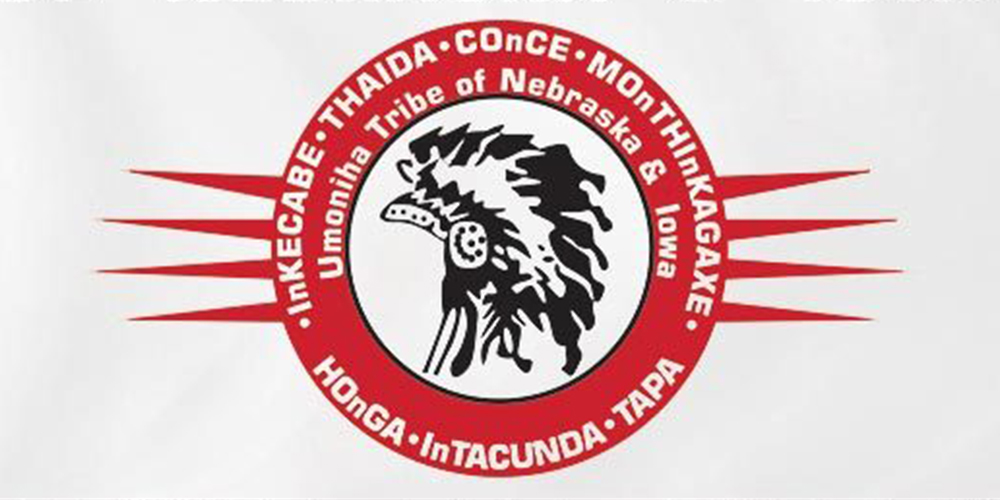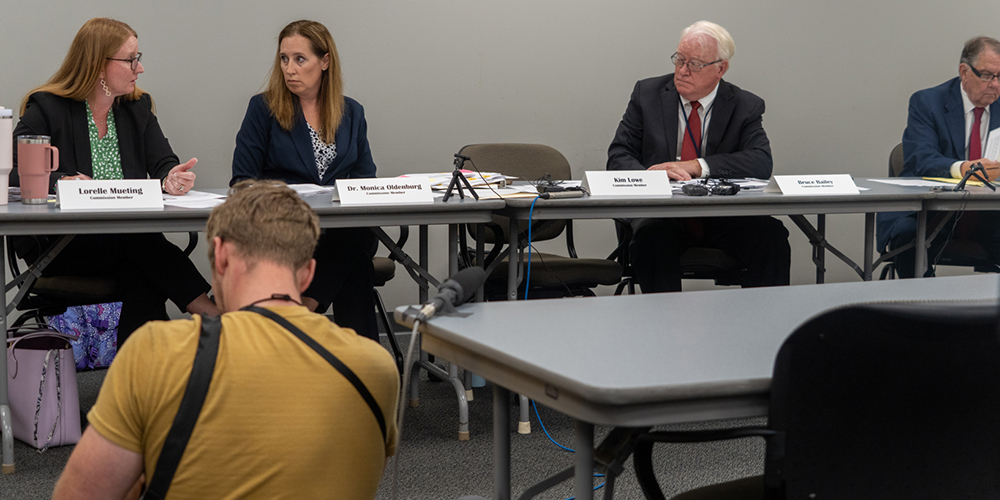
The Omaha Tribal Council has officially enacted Title 51, authorizing the legal use, possession, and sale of cannabis within tribal lands on July 15. With this move, the Omaha Tribe becomes the first in Nebraska to implement cannabis legalization, and one of the few tribes nationwide to do so in a state where cannabis remains illegal at the state level.
The new regulation establishes the Omaha Cannabis Regulatory Commission, composed of three to five members, with flexibility to expand if necessary. The Commission will oversee the operation and compliance of cannabis-related activities on tribal lands.
Under the Tribal code, adults aged 21 and older are permitted to legally possess or purchase up to one ounce of cannabis within the reservation. This amount may be adjusted based on future determinations by the Regulatory Commission. The Commission also has the authority to offer incentives for tribal members or set differentiated possession and purchase limits based on tribal membership status.
To support tribal economic development, the regulation includes:
• A retail excise tax of up to 15% on cannabis products based on gross sales price;
• A wholesale or transfer tax of up to 5% based on the fair market value of products transferred between licensees or from producers to retailers;
• Allocation of a portion of tax revenue to establish a Cannabis Patient Access Fund, focusing on support for low-income patients, especially those with chronic or life-limiting conditions, youth, elders, veterans in need of compassionate care, and patients underserved by state or federal healthcare systems.
Title 51 outlines the following core objectives:
• Protect the health, safety and welfare of tribal members and reservation residents.
• Promote sustainable tribal economic development and self-sufficiency.
• Ensure effective oversight of cannabis activity through tribal regulation consistent with federal law, including the Controlled Substances Act, the 2018 Farm Bill and relevant Department of Justice guidance.
• Affirm the tribe’s sovereign rights to regulate trade, health, taxation, land use and commerce in a manner consistent with Umóⁿhoⁿ culture and governance

“We are asserting our sovereign right to govern, protect our community, and build a sustainable economy that reflects our values,” Tribal Attorney General John Cartier said in a statement. “Title 51 [the Cannabis Regulatory Code] is the most comprehensive and forward-looking cannabis code in the region, that is rooted in our traditions and designed for our future.”
Under current Nebraska law, marijuana possession is classified as an infraction or misdemeanor, depending on whether it is a first or second offense. Cannabis cultivation or sales are considered felony offenses, punishable by up to 20 years in prison and a $25,000 fine.
Although Nebraska voters overwhelmingly approved two ballot initiatives last fall to legalize the use and dispensing of medical cannabis, state officials—including the Attorney General and regulatory agencies—have resisted their implementation. Earlier this month, regulators appointed by Republican Governor Jim Pillen adopted emergency rules that effectively dismantled key components of the voter-approved initiatives, including removing patient access to botanical cannabis.
In response, Cartier criticized the state’s medical cannabis system as “broken.”
“More and more, we see citizens and communities taking marijuana-related matters into their own hands when their elected officials are either unwilling to do so or are unresponsive to what their constituents demand,” NORML’s Deputy Director Paul Armentano said. “Legalizing and regulating cannabis access is a policy issue that is supported by most of the public. Lawmakers who continue to either ignore or undermine this issue can expect to be met with pushback from the public, particularly at the ballot box.”

Title 51 will be implemented in phases beginning this year, starting with licensing, regulatory compliance, and a public education campaign. Cartier emphasized the Tribe’s openness to collaboration with healthcare providers, patients, and business leaders—provided tribal law and sovereignty are respected.
“The Tribe is ready to lead,” Cartier said. “The time to act is now.”
- The news is soured from Nebraska Examiner and NORML
Post time: Jul-17-2025



